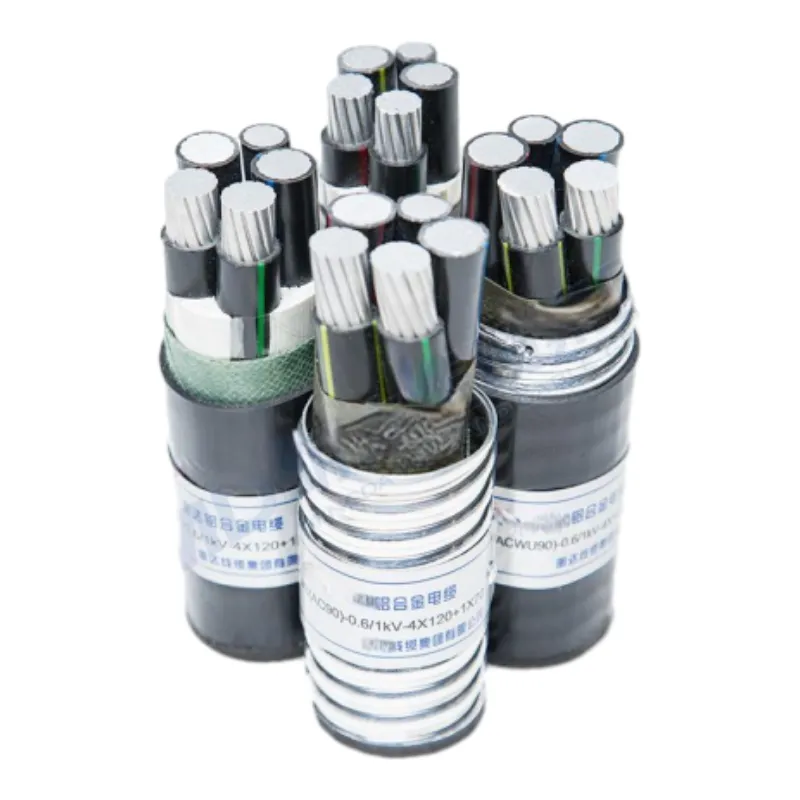des . 04, 2024 11:43 Back to list
Advanced Double Eccentric Butterfly Valve Design for Improved Flow Control and Efficiency
Understanding the Double Eccentric Butterfly Valve Features, Benefits, and Applications
The double eccentric butterfly valve, also known as the double offset butterfly valve, is an essential component in various industrial applications, particularly in fluid control systems. Its design and functionality make it a preferred choice for industries requiring precise regulation of flow and minimal pressure loss. In this article, we delve into the features, benefits, and applications of this innovative valve type.
Design and Functionality
The double eccentric butterfly valve is characterized by its unique design, which features two offsets one pertaining to the shaft’s position relative to the valve disc and another regarding the axis of the valve body. This design significantly enhances the performance of the valve, reducing friction between the disc and the sealing surface when the valve is in an open position. Unlike the traditional concentric butterfly valves, the double eccentric variant allows for a more streamlined flow path, resulting in a reduced pressure drop across the valve and improved efficiency.
The valve is operated by rotating the disc, which pivots about the offset shaft. When the valve is fully open, the disc is positioned parallel to the flow, allowing for unobstructed passage of fluids. Conversely, the valve can be closed by turning the disc perpendicular to the flow direction, thereby providing a tight seal to prevent leakage.
Key Advantages
1. Reduced Wear and Tear The design of the double eccentric valve minimizes contact between the disc and the seat during operation, which reduces wear over time. This results in a longer service life compared to conventional valves, leading to lower maintenance costs and fewer replacements.
2. Greater Flow Characteristics The offset design facilitates a more uniform flow profile and minimizes turbulence, making it ideal for applications where flow control and efficiency are critical. This feature is particularly beneficial in scenarios where accurate flow measurement and regulation are necessary.
double eccentric butterfly valve

3. Tight Sealing Capability The ability of double eccentric butterfly valves to achieve tight sealing is enhanced by their design. This tight sealing minimizes leakage, making them suitable for use in various applications, including those involving hazardous or corrosive fluids.
4. Versatility These valves can be constructed from various materials, including stainless steel, bronze, and plastic, making them suitable for a wide range of industries. They can handle different pressure and temperature conditions, making them versatile in their applications.
5. Cost-Effectiveness Although the initial investment may be higher than that of conventional valves, the long-term savings on maintenance and replacement costs, along with increased efficiency, make double eccentric butterfly valves a cost-effective choice in many applications.
Applications
The double eccentric butterfly valve finds applications across various sectors, including
- Water Treatment Plants Used for regulating the flow of water and ensuring efficient treatment processes. - Chemical Processing Handles corrosive and hazardous fluids, ensuring safety and compliance with industry standards. - Oil and Gas Efficiently controls flow in pipelines, storage tanks, and refining processes. - HVAC Systems Regulates airflow in heating, ventilation, and air conditioning systems for improved energy efficiency. - Power Generation Controls cooling water and steam in power plants, contributing to efficient energy production.
Conclusion
In conclusion, the double eccentric butterfly valve is a highly effective solution for fluid control in various industrial applications. With its unique design, it offers significant advantages in terms of durability, flow efficiency, and sealing capability. As industries continue to seek ways to enhance their operational efficiency and minimize costs, the double eccentric butterfly valve stands out as a reliable and versatile option for a wide range of applications. Its ability to adapt to diverse environments while maintaining performance integrity is what makes it an indispensable tool in modern engineering and industrial processes.
Share
-
Reliable Wafer Type Butterfly Valves for Every IndustryNewsJul.25,2025
-
Reliable Flow Control Begins with the Right Ball Check ValveNewsJul.25,2025
-
Precision Flow Control Starts with Quality ValvesNewsJul.25,2025
-
Industrial Flow Control ReliabilityNewsJul.25,2025
-
Engineered for Efficiency Gate Valves That Power Industrial PerformanceNewsJul.25,2025
-
Empowering Infrastructure Through Quality ManufacturingNewsJul.25,2025